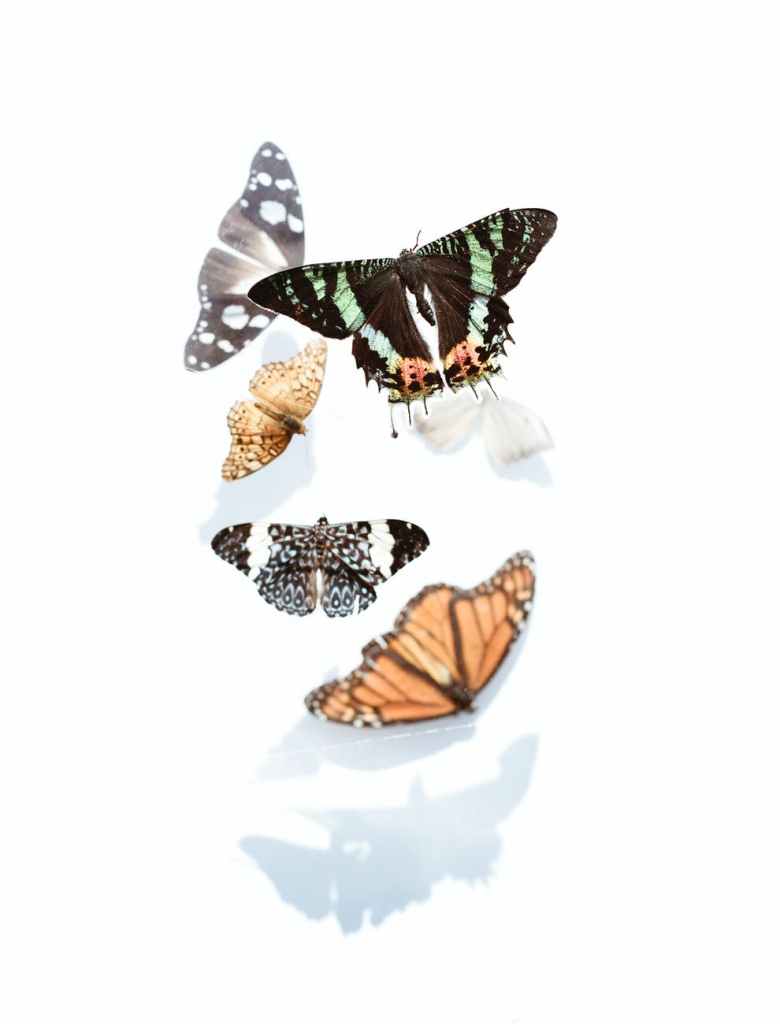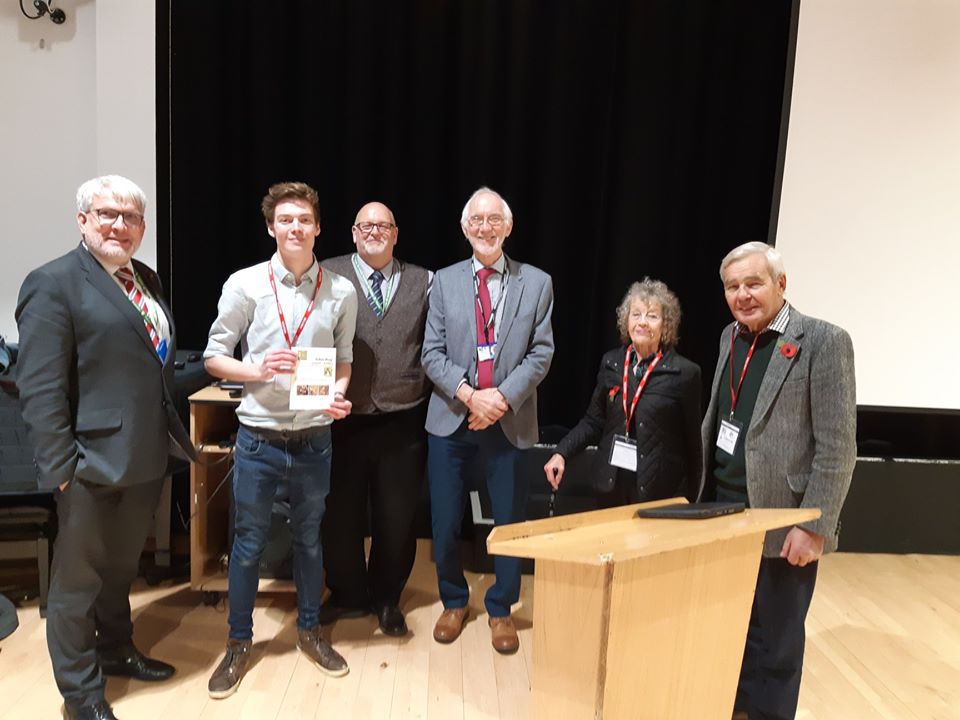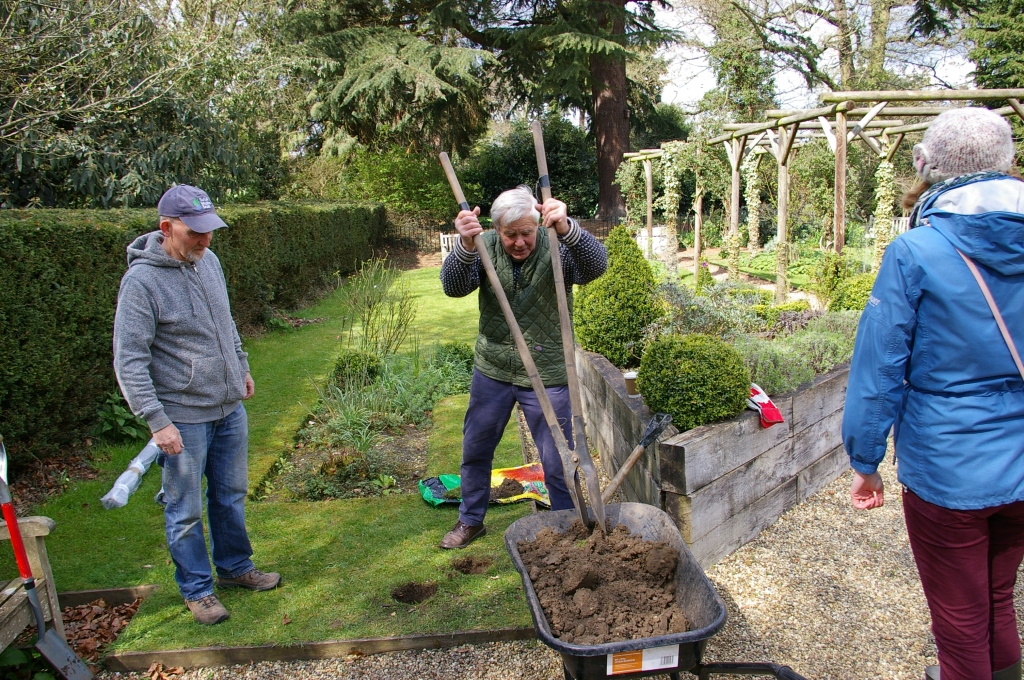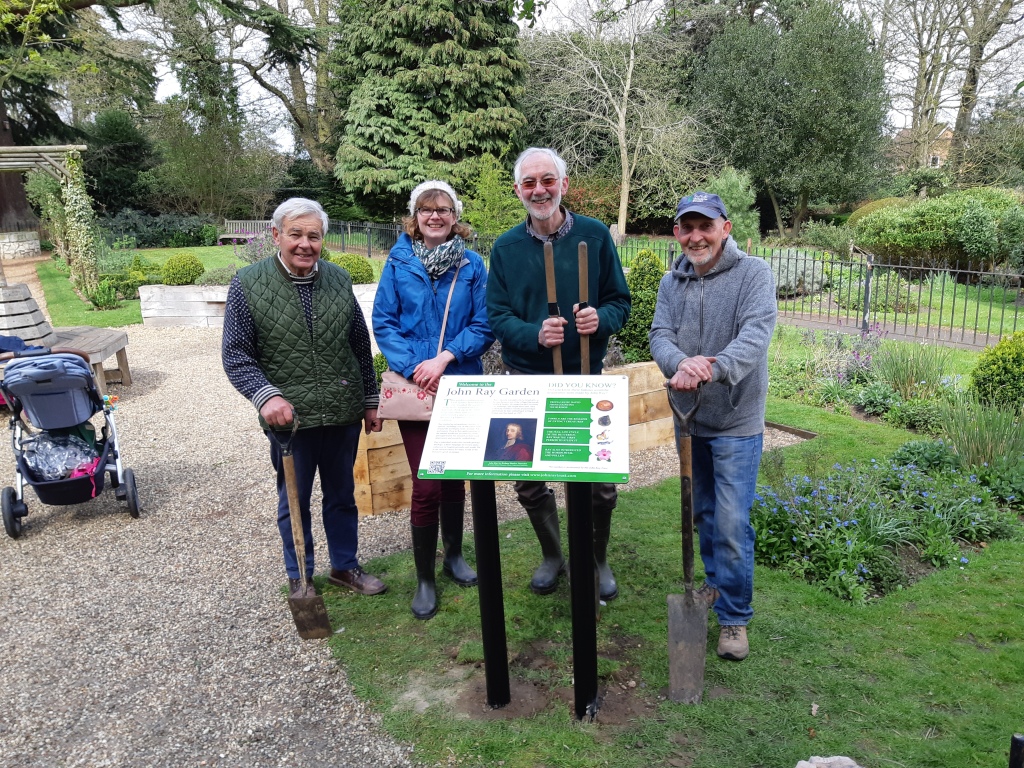
Supporting the advancement of natural science education
and promoting increased knowledge and awareness of
the remarkable work of the ‘father of natural history’ John Ray
Work of the Trust
The Trust was established in 1986 to promote wider awareness of the work of John Ray, celebrate his connection to Braintree in Essex, and support current natural history research and care of the environment. Ray founded the scientific study of the natural world in the 1600s and you can discover more about his remarkable work and story on this website.
The Trust supports current natural history students through grants and prizes, gives regular talks on John Ray, runs a public garden in Braintree, hosts events and more. We are a registered charity (Number 294915).

A Remarkable Story
John Ray (1627-1705), the son of a humble village blacksmith, is arguably the most important British natural scientist to date. He founded the scientific study of the natural world. Sadly, his genius remains largely unknown to the general public.
Ray produced the first scientific definition of a species, and the modern system of scientific classification is based on his method of grouping species which was further developed in the 1700s by the Swedish botanist, Carl Linnaeus. Charles Darwin, the 19th century naturalist who wrote The Origin of Species putting forward the theory of evolution, was also influenced by Ray’s work.
Butterflies, Tree Rings and Petals
Did you know that John Ray was the first person to study the full life cycle of the butterfly?
He also discovered that trees can be dated from counting their rings and invented the terms petal and pollen which we still use today.




Words, Proverbs, Languages
Ray also collected folklore, words and details of different dialects.
He published these notes in two books, ‘A Collection of English Proverbs’ in 1670 and a ‘Collection of English Words’ in 1673. For many proverbs and words he is our earliest historical source, and you can still find his name today listed as such in the Oxford English Dictionary.
Ray also published a three way dictionary of Latin, Greek and English which became a key student resource for over a century.

Grants and Prizes
Ray achieved a scholarship to study at Cambridge despite his poor background which, in the 1600s, would normally have excluded him from going. He was an exceptional pupil and went on to become an academic there until 1662.
Today the Trust offers annual grants and runs a competition to support current natural history students at the University of Cambridge. To find out more about the schemes and to apply please click below.
Current News from the Blog
Still a necessary cause!
The experience of one of our Trustees, Paul, during the Commonwealth Games 2022 proved that our mission to increase awareness of the work of Ray is still very much needed! Paul volunteered at the lawn bowls competition and was placed with a host family in Leamington Spa. It turned out that his host was a…
Winner of the 2022 Science Prize Announced
The John Ray Trust is pleased to announce that the winner of this year’s John Ray Trust Science Prize is Joel Gayford for his research on sharks. Congratulations to Joel for his fascinating project investigating how and why two species of shark, the Pacific Sharpnose and the Scalloped Hammerhead, change in shape as they grow…
An ice cream sundae with Prince William and Beth Chatto – the BBC Essex Quest
On Sunday 1 March the John Ray Trust was excited to take part in the BBC Essex Quest show on BBC Essex radio. The BBC Essex Quest is a radio ‘treasure hunt’ across the county of Essex. The programme broadcasts live every Sunday morning between 9am and 12midday, and has been on-air since July 2011.…








